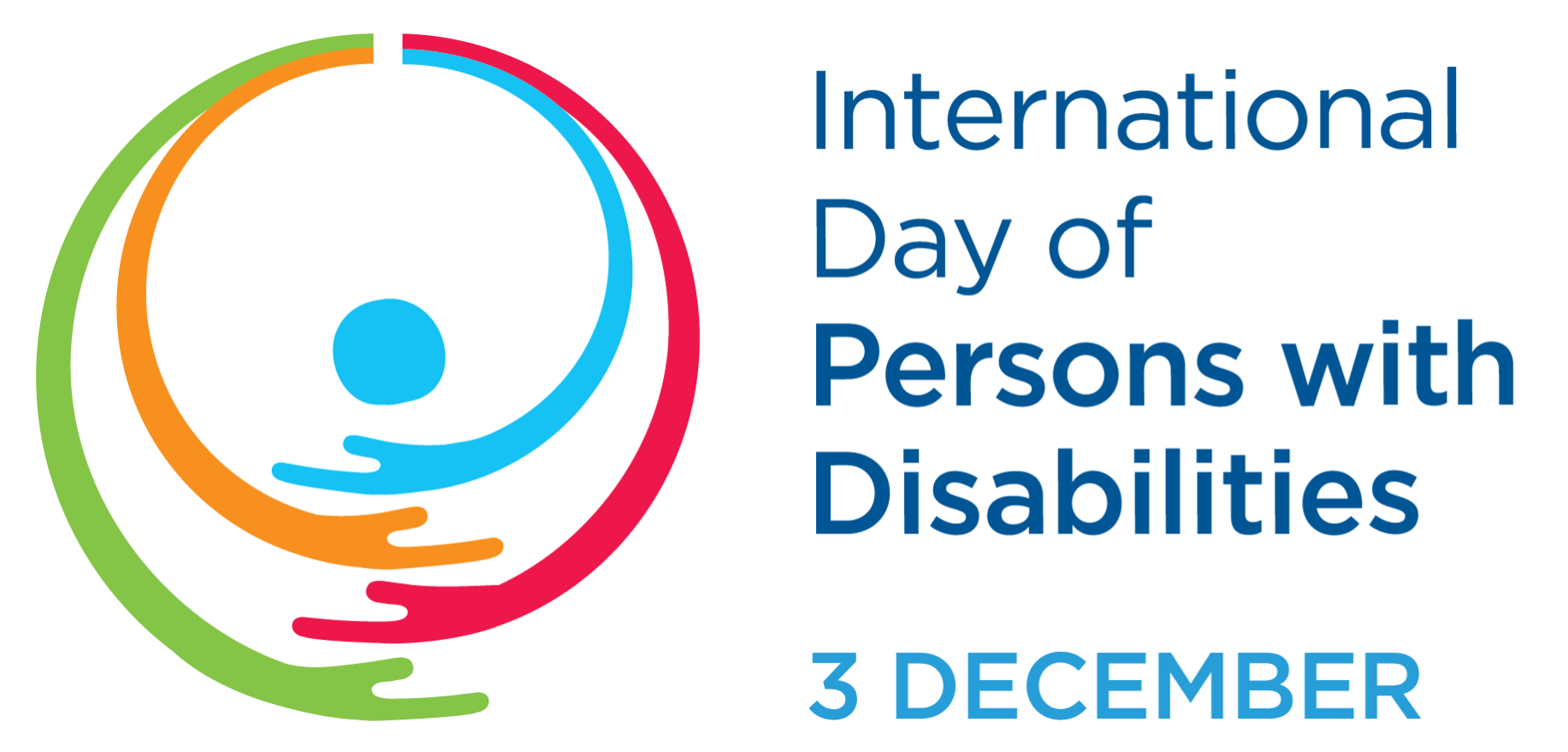International Day of Persons with Disabilities 2022: inclusive humanitarian & development action
3 December marked the International Day of Persons with Disabilities (IDPD)—a day to mobilise support for the rights of persons with disabilities and promote a global understanding of inclusive action.
3 December marked the International Day of Persons with Disabilities (IDPD)—a day to mobilise support for the rights of persons with disabilities and promote a global understanding of inclusive action.
Disability inclusion is an investment in our future and a promise of the Sustainable Development Goals—to leave no one behind. To leave no one behind means striving for a more inclusive world for persons with disablities.
CHS Alliance is supporting the 2022 United Nations IDPD campaign: Transformative Solutions for Inclusive Development: the role of innovation in fueling an accessible and equitable world. This year’s campaign spans several thematic topics, including innovation for disability inclusive development.

CHS Alliance manages and promotes the CHS Verification Framework, which helps aid organisations’ measure and improve their work by verifying their performance against the Core Humanitarian Standard on Quality & Accountability (CHS).
The Alliance uses data and experience from organisations that apply the CHS to find out how inclusive aid organisations are, and how to better support persons with disabilities— a demographic that can be particularly vulnerable in the face of crises.
A key chapter in the CHS Alliance’s recent report Humanitarian Accountability Report 2022: Accountability is Non-Negotiable emphasises that both visible and hidden factors across physical, psychological, and other forms of disabilities, impact how people experience crises.
The report found that the aid organisations are not paying enough attention to the different experiences people affected by crisis can face. They are not doing enough to engage, listen and learn from all the different people they serve.
The often-formulaic way in which aid is designed and delivered means the first barrier to inclusive action is frequently the inability to identify the very groups who are most at risk of exclusion. Translating inclusivity into system-wide and systematic action remains slow. Aid organisations must be proactive to include a diversity of people at all stages of an aid response.
Reacting to these findings—Martha Woyessa, Executive Director, Women Empowerment Action, Ethipoia and Christian Hok, Humanitarian Director, CBM Global Disablity Inclusion, the Netherlands—debated the changes they want to see across the aid system:
“Social norms must be considered when trying to address these issues and norm setters, who tend to be influential leaders, must be part of the deconstruction of these barriers to inclusion” shared Martha.
“Donors have a big responsibility in ensuring that enough resources are allocated for humanitarian actors to take appropriate actions…including organisations of persons with disabilities to access funding” continued Christian.
Read the full HAR 2022 chapter on Inclusive Action, including the rest of Martha and Christian’s conversation.
